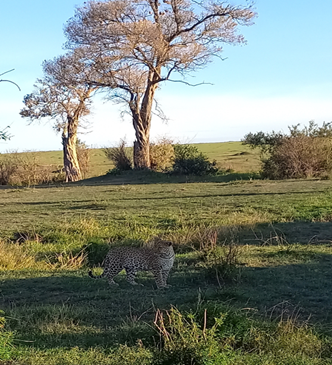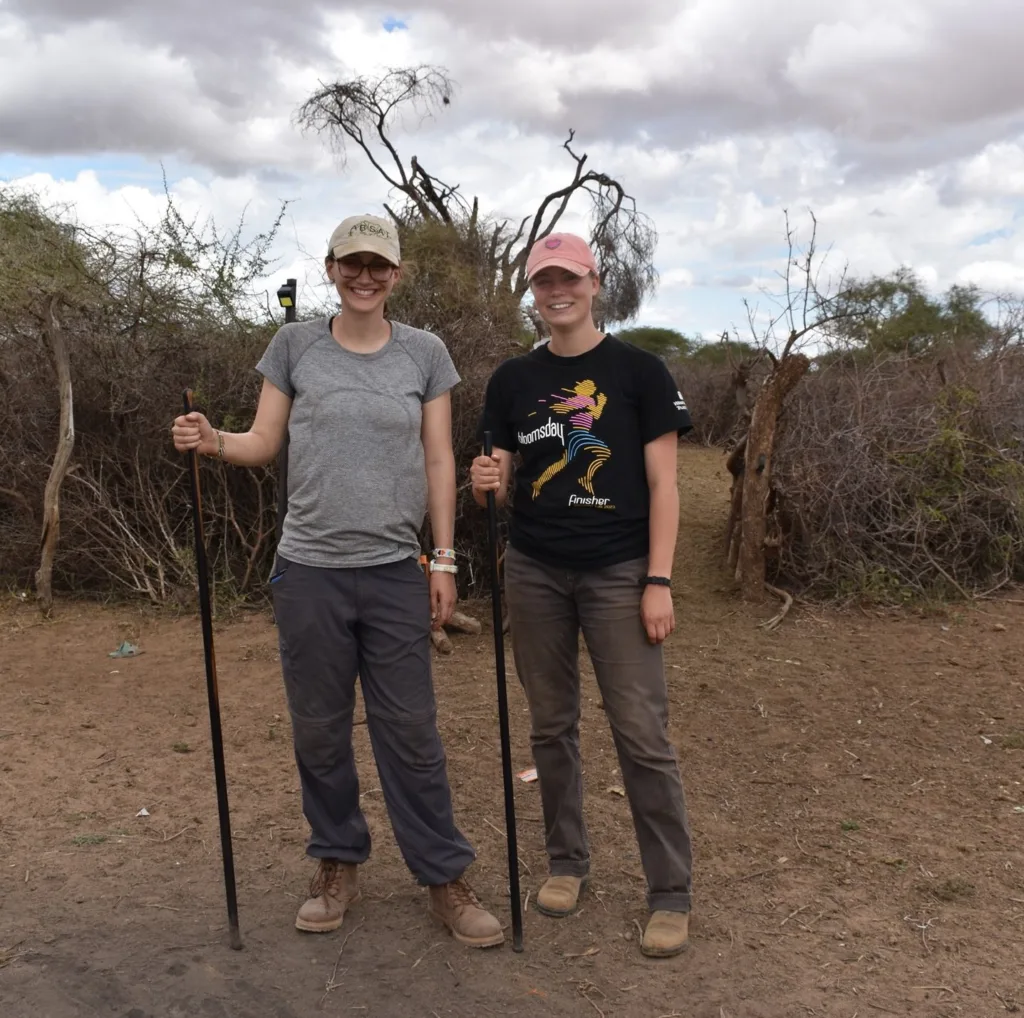
By: Alyssa Irizarry
Collaboration with Indigenous People Opens New Research Opportunities
At the beginning of this semester, students had an interesting interaction with the Mandingalbay Yidinji (MY) Aboriginal tribal group. Students went out on a field lecture on indigenous management of ‘country.’ Used in this sense, ‘country’ in Australia means an area of land and/or sea that traditionally belongs to an Aboriginal tribal group. The Mandingalbay Yidinji country lies east of Cairns across Trinity Inlet and includes a great diversity of environments, namely marine areas, mangroves, freshwater wetlands, rainforest-clad mountains, coastal plains, beaches, reefs and islands. During the visit, students learned about the traditional uses of plants, enjoyed a special lunch cooked in a ‘Kup murri’ (earth oven), and toured some sites on the country where there are particular environmental issues at the land/sea interface. We discussed the past and present day land management and institutional arrangements. Students also had an opportunity to visit Yarabah village, which we were informed is one of the largest Aboriginal settlements in Australia, but whose unemployment rate stands at 98%.
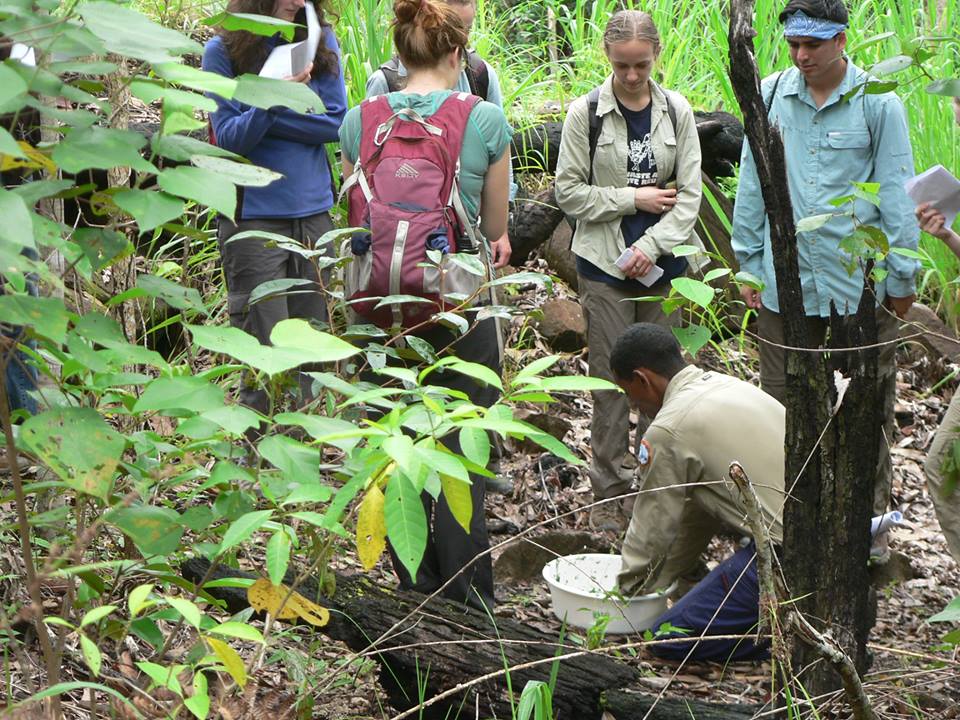
The MY people have established a separate entity, the Djunbunji Land and Sea Program, to conduct land management activities on their behalf. Lately, we have been engaging with the management of this program with a view toward establishing a more structured mutual cooperation. It is expected that this cooperation will, for the first time, afford our students the opportunity to do research directly with the Australian indigenous people. Research involving the indigenous people is increasingly difficult to undertake as accessing these communities can be quite challenging for various reasons. We are therefore very excited at the prospect of working long-term with the MY people, who are very keen to share aspects of their culture and homeland and plan to develop the skills and infrastructure to make the visit to their country memorable. They plan to do this by offering eco-tourism services and experiences on their country.
As a starting point in our cooperation, this semester, four lucky students will be conducting a case study on the potential for sustainable tourism on the MY country for their DR. It is envisaged that the findings of this study will help the management of Djunbunji Land and Sea Program to make evidence-based decisions on how to proceed with their eco-tourism business development plan.
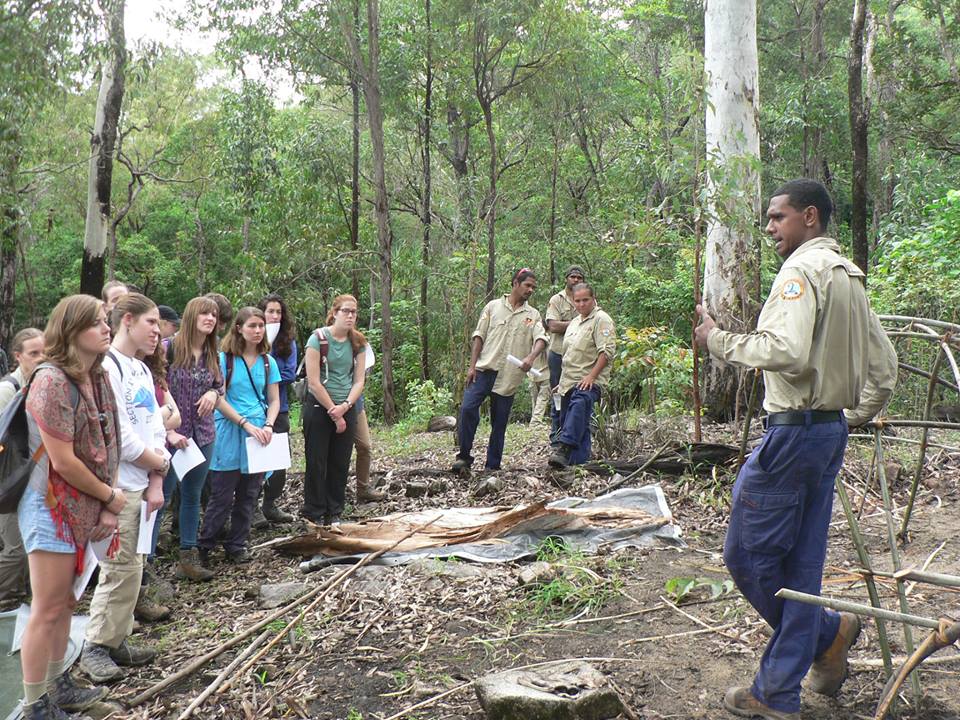
Related Posts
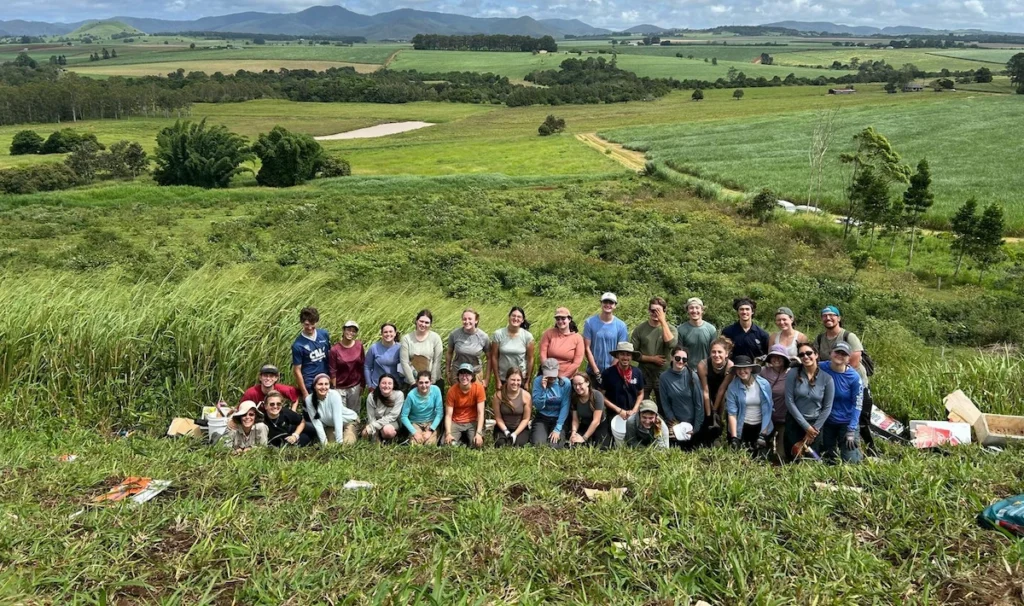
Cinder Cone Chronicles: Lessons from Drought, Data, and Determination
